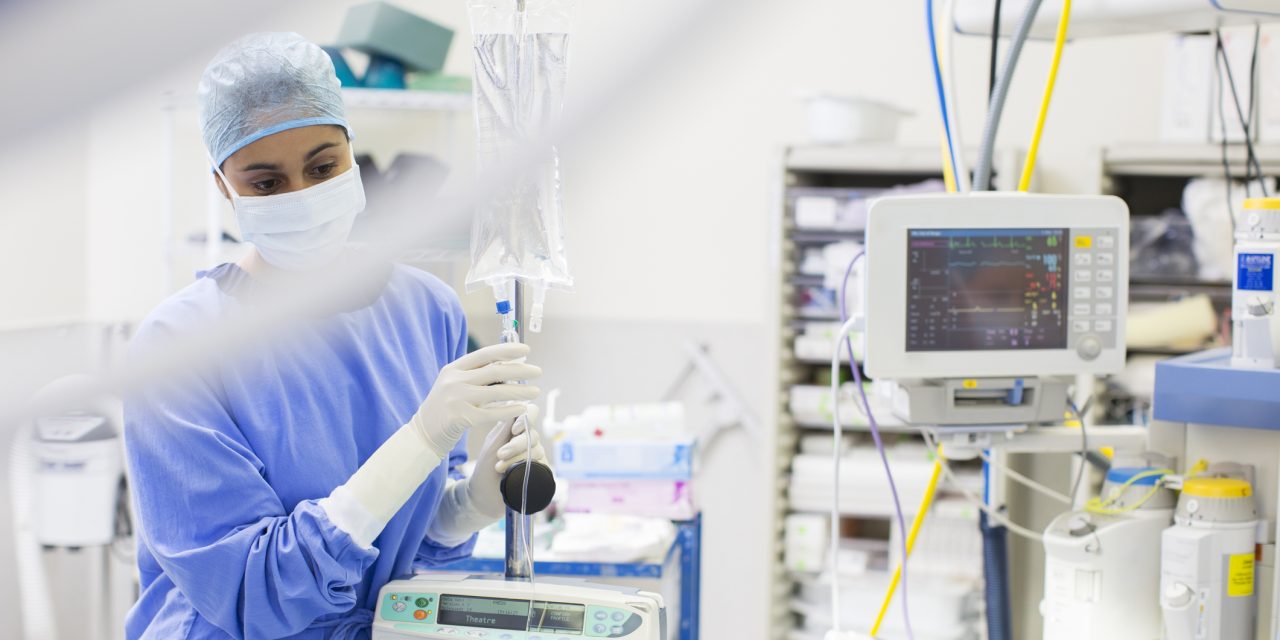The role of medical thoracoscopy in the treatment of pleural infections is increasingly being recognized. This study was done to assess the role of medical thoracoscopy in the management of carefully selected subset of patients with complicated parapneumonic effusions (PPEs).
We analyzed retrospective data of 164 thoracoscopic procedures performed at our center on patients with complicated PPE in the past 10 years. Patients were subjected to medical thoracoscopy based on ultrasonographic stratification and a computed tomography (CT) thorax. Medical thoracoscopy was performed after an intercostal block under conscious sedation with midazolam (2 mg) and fentanyl (50 mcg) and local anesthesia with lignocaine 2% (10-15 ml), through a single port 10 mm diameter thoracoscope.
A total of 164 patients (119 males and 45 females) underwent medical thoracoscopy during the study period. The mean age was 47.4 ± 15.9 (median, 50; range, 16-86). The final diagnosis by thoracoscopy was bacterial empyema in 93 patients and tuberculosis in 71 patients. Medical thoracoscopy was successful without subsequent intervention in 160 (97.5%) patients, two patients underwent a second procedure, in the form of decortication, and two patients died due to sepsis. There were no major procedure-related complications that required intervention.
Early adhesiolysis and drainage of fluid using medical thoracoscopy should be considered in patients with multiloculated complicated PPE after careful radiological (ultrasonography and CT) stratification, as a more cost-effective and safe method of management.
Role of medical thoracoscopy in the treatment of complicated parapneumonic effusions.


